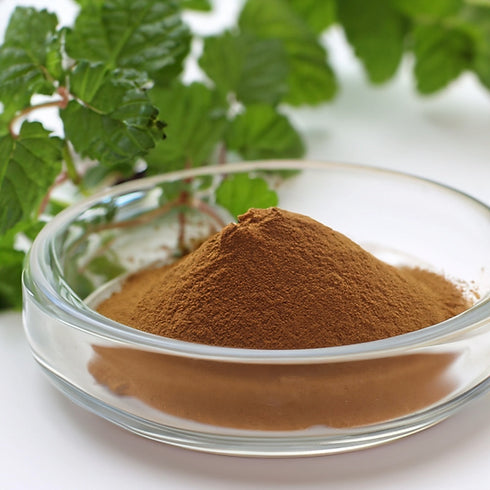
Healing Herbals
Organic Lemon Balm Extract
Organic Lemon Balm Extract
Couldn't load pickup availability
Organic Lemon Balm Extract
This tincture is crafted from heavily cultivated lemon balm (Melissa officinalis), a volatile herb much valued throughout history for its soothing and tasty attributes. Small-batch crafted to assist in preserving its natural purity and integrity. Vegan & Non GMO
How to Use
Take alone or mix with water, tea, or your beverage of choice.
Ingredients
- Organic Lemon Balm (Melissa officinalis) Extract
What Makes It Special
- USDA Certified Organic
- Vegan and Non-GMO
- Simple, clean ingredients
- Manufactured in a GMP-certified facility
FDA Disclaimer
This food supplement is not approved by the Food and Drug Administration. It should not be used to diagnose, treat, cure, or prevent disease.
Share


Here at Healing Herbals Store
We carefully select suppliers who share our commitment to environmental stewardship and minimize waste through eco-conscious or reused packaging whenever possible. We prioritize supporting fair labor practices and are currently investing in regenerative farming methods, so every product reflects our dedication to both quality and the health of our planet. Shop now!

